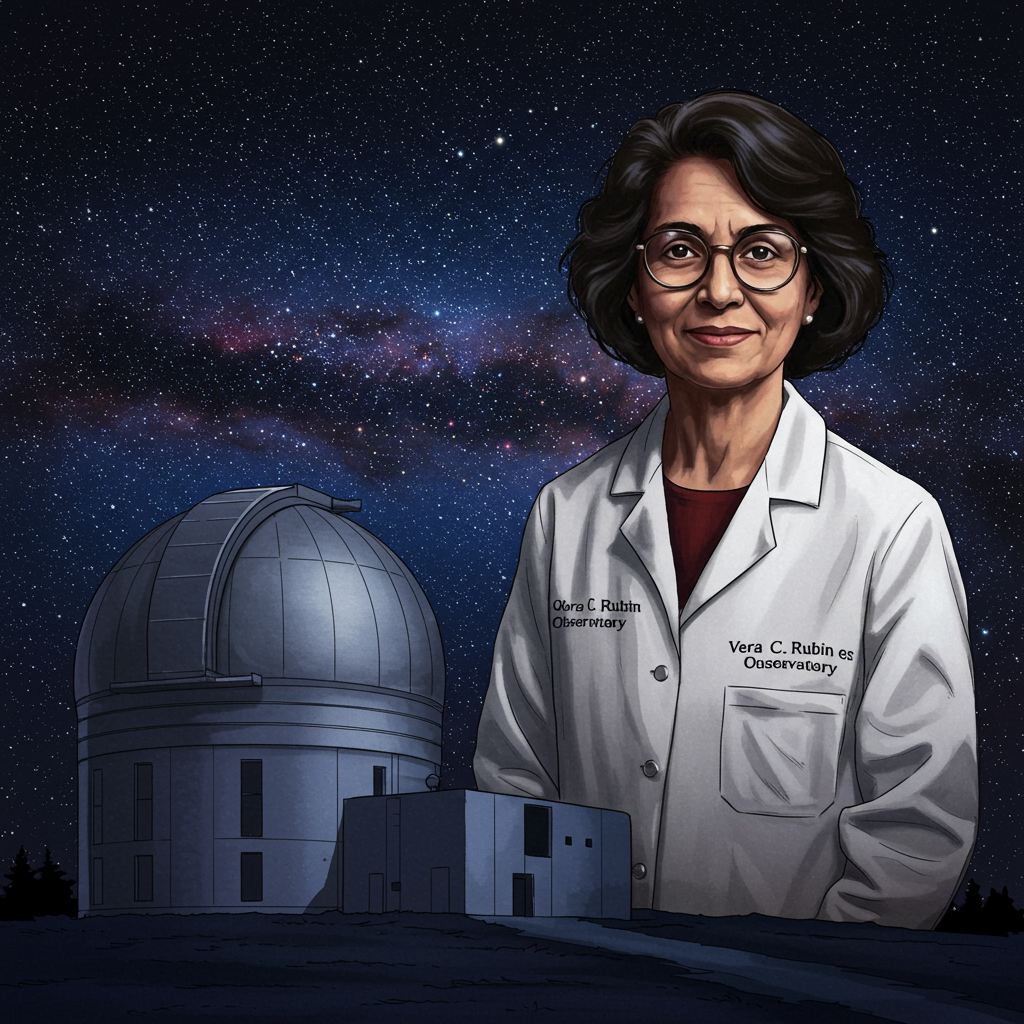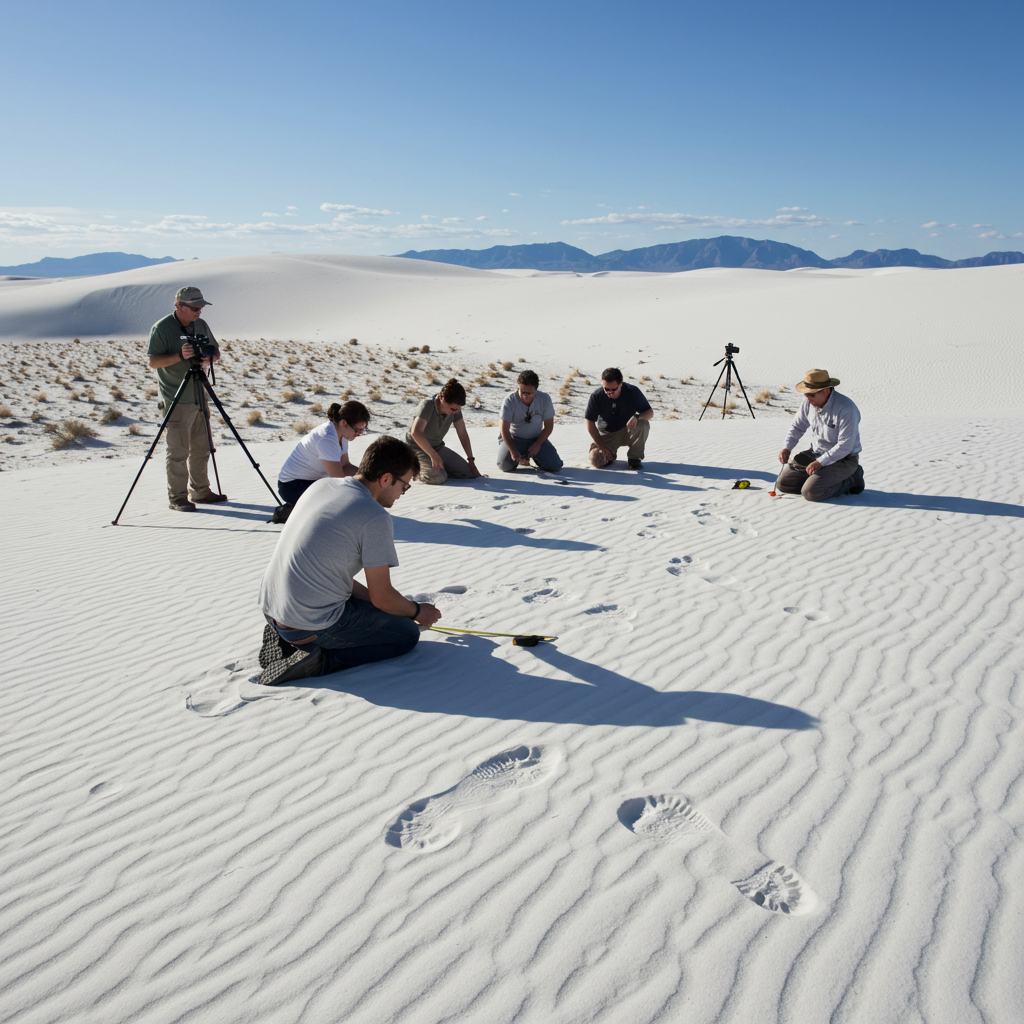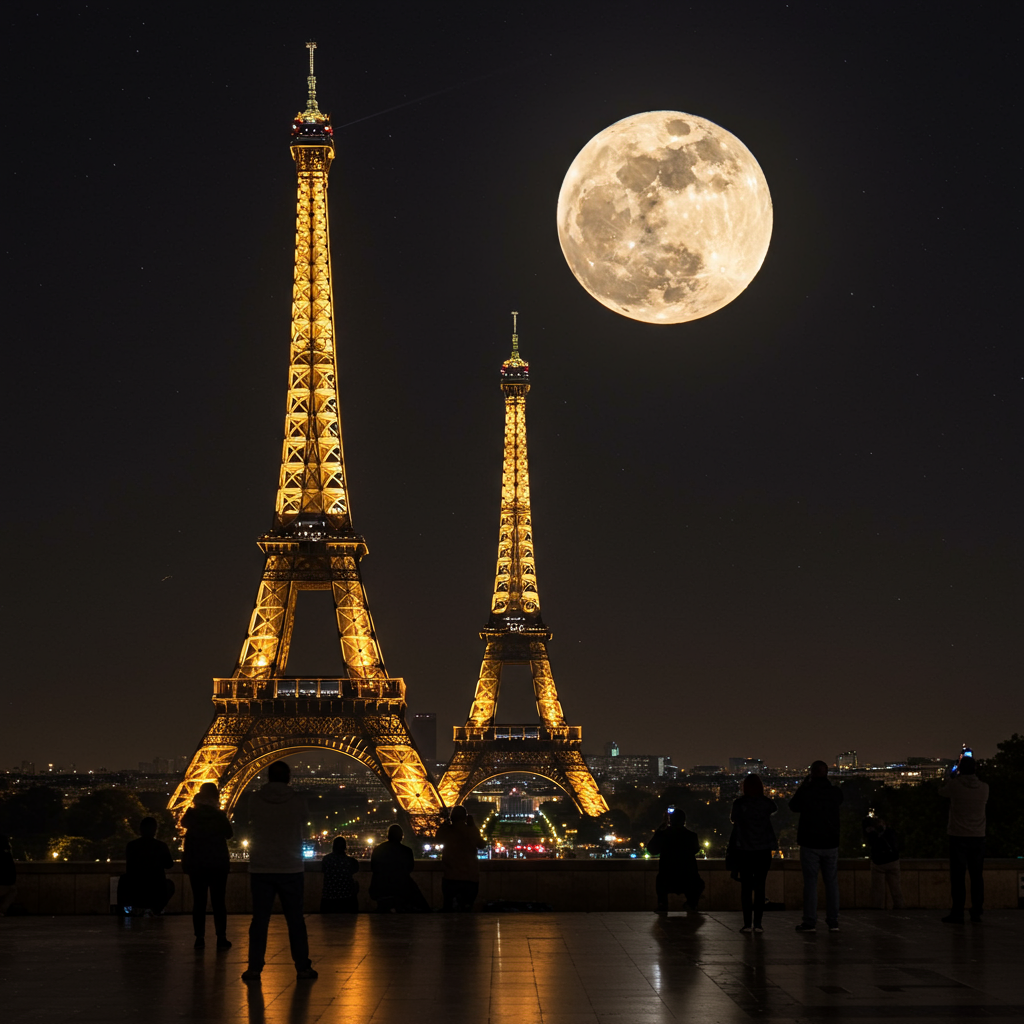Vera C. Rubin, a pioneering astronomer, fundamentally changed our understanding of the universe. Working with a colleague in the 1970s, she unearthed compelling evidence supporting the existence of dark matter – a mysterious substance now known to make up a significant portion of the cosmos.
Her groundbreaking work is now honored with the naming of a powerful new facility, the Vera C. Rubin Observatory. This telescope is poised to embark on an unprecedented deep scan of the southern sky, promising a new era of cosmic discovery, particularly in studies of dark matter, dark energy, and the farthest reaches of the universe.
A Legacy Beyond Dark Matter
Dr. Rubin’s influence extends far beyond her pivotal scientific discoveries. She also charted a vital path for women and other historically underrepresented groups striving to make their mark in the scientific field. Her commitment to inclusivity was subtly highlighted at a recent American Astronomical Society panel discussing the observatory’s future. Notably, all six panelists, each holding a leadership role related to the observatory, were women. As Sandrine Thomas, the observatory’s deputy director of construction, eloquently put it, “The universe is universal.”
Navigating a Troubled Scientific Landscape
Despite the immense potential of the Vera C. Rubin Observatory, its launch occurs within a significantly altered political and funding environment. American science currently faces the specter of sharp budget cuts, the cancellation of crucial research projects, and rollbacks impacting programs dedicated to diversity, equity, and inclusion (DEI).
Astronomers express considerable concern about how this challenging climate might affect the observatory’s future operations and research output. The facility, funded by key U.S. agencies like the Department of Energy and the National Science Foundation, was renamed for Dr. Rubin in 2019, near the end of the previous presidential administration.
An Enduring Role Model
In this difficult climate, Vera C. Rubin’s legacy as a scientist and advocate becomes even more significant. Described as the “ultimate role model for women in astronomy” by biographer Jacqueline Mitton, her perseverance in a male-dominated field serves as an inspiration. As the Vera C. Rubin Observatory begins its mission, it not only carries forward the quest to understand the universe that Rubin championed but also stands as a testament to her enduring impact on fostering a more inclusive scientific community, a principle now facing renewed challenges.




